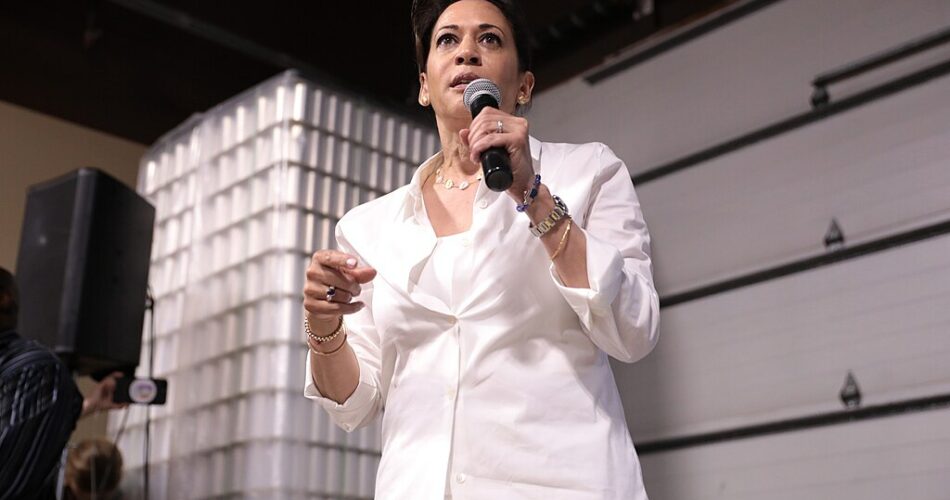Many leaders are outraged.
Leaders of pro-life and faith-based organizations have criticized Vice President Kamala Harris for her refusal to support “religious exemptions” to a nationwide abortion mandate. During an interview with NBC’s Hallie Jackson, Harris was asked about potential concessions regarding abortion access if she were to win the presidency while Republicans held power in Congress. She replied that she does not believe concessions should be made.
Her comments prompted swift backlash from various advocacy groups. The pro-life organization Susan B. Anthony Pro-Life America argued that Harris’s stance indicates she would impose abortion participation on Americans against their will. They warned that under her leadership, doctors would be compelled to perform abortions, and taxpayers would be required to fund them without exceptions in all states.
CatholicVote also condemned Harris’s remarks, suggesting that her refusal to allow religious exemptions would force Christians to support practices against their beliefs. Ralph Reed, head of the Faith & Freedom Coalition, echoed this sentiment, stating that Harris is not only pro-abortion but also anti-religious freedom. The Catholic Association characterized her position as unsurprising, given her perceived extremism on abortion and her attitudes toward religious individuals.
Harris’s remarks come as she focuses on passing legislation to “restore reproductive freedom nationwide,” specifically the Women’s Health Protection Act, which previously passed in the Democratic-controlled Congress but failed in the Senate. While the act seeks to override many state-level abortion restrictions, it also raises concerns about potential changes to existing protections, like the Hyde Amendment, which currently prohibits taxpayer funding for abortions. There are fears that if Democrats regain full control, they may move to repeal this amendment.
The debate over a federal abortion law is intensifying following the Supreme Court’s decision to overturn Roe v. Wade, leading many states to enact significant restrictions on abortion. Should Harris be elected and the Women’s Health Protection Act be enacted, it would likely invalidate pro-life laws established after the Dobbs decision. Additionally, several states are set to vote on ballot measures aimed at establishing abortion rights within their constitutions, indicating that abortion policy will remain a key issue in the upcoming elections.
